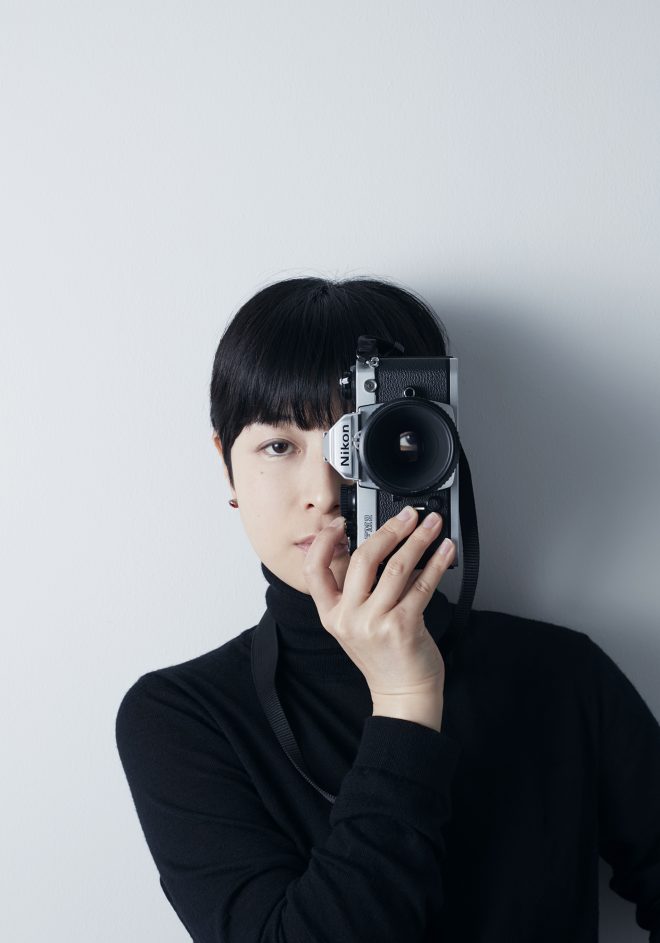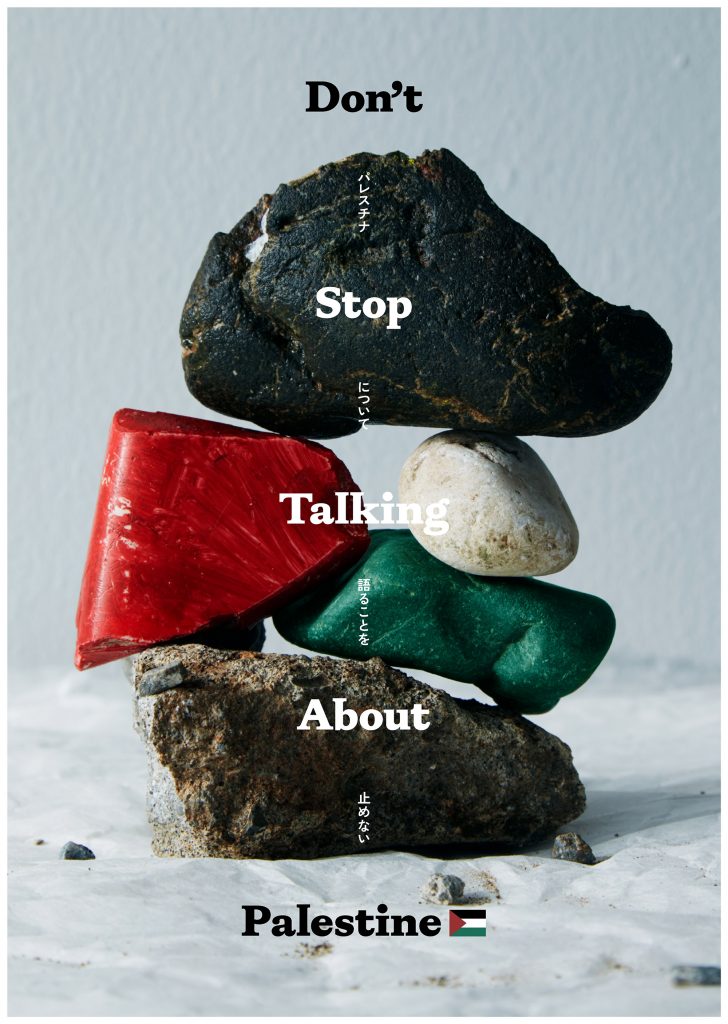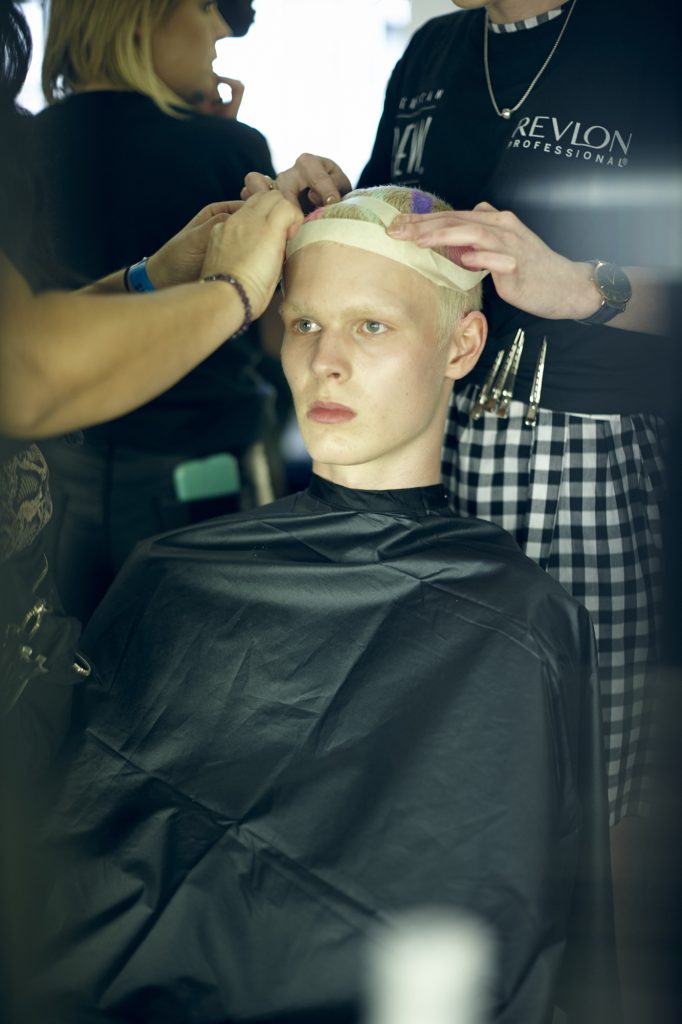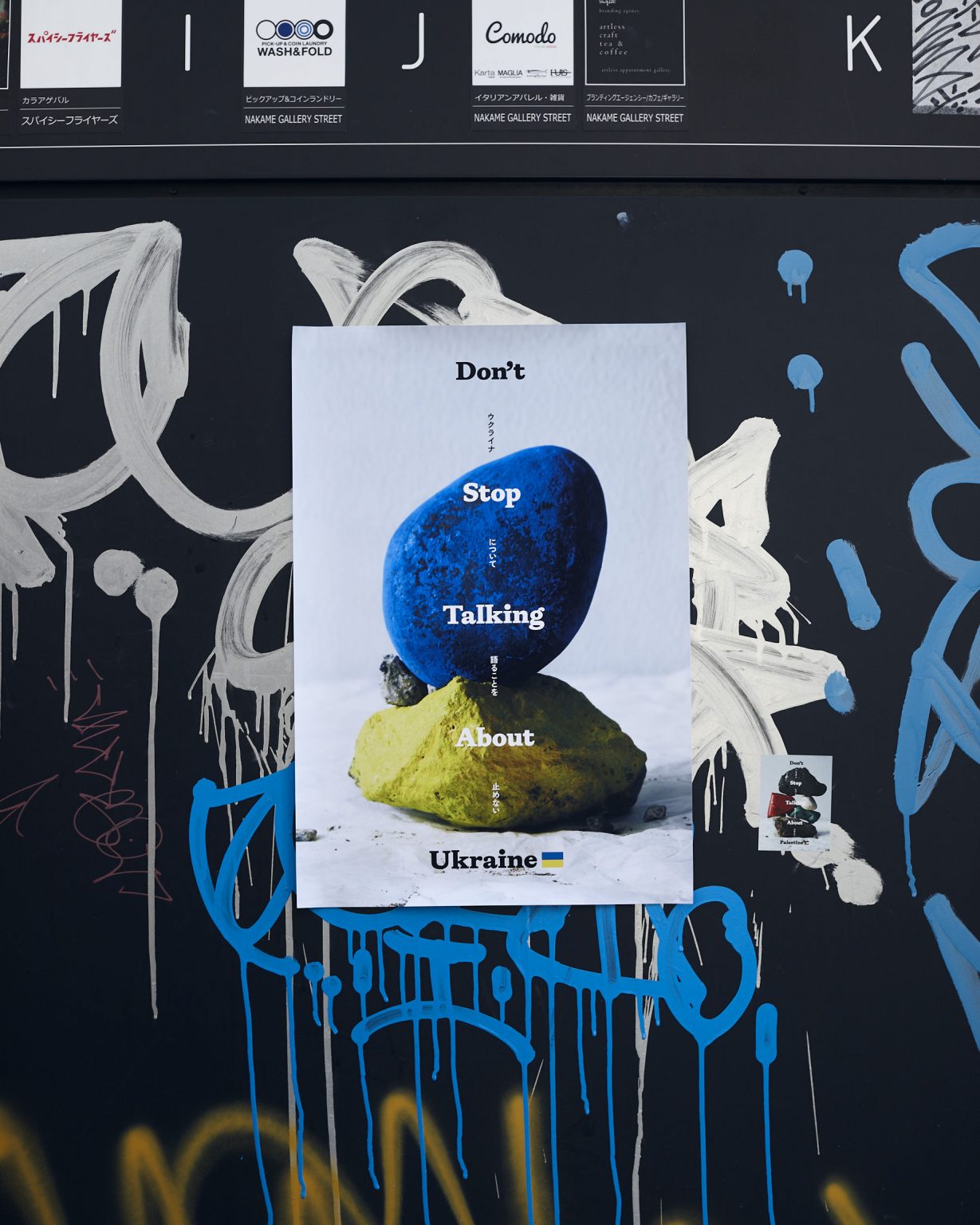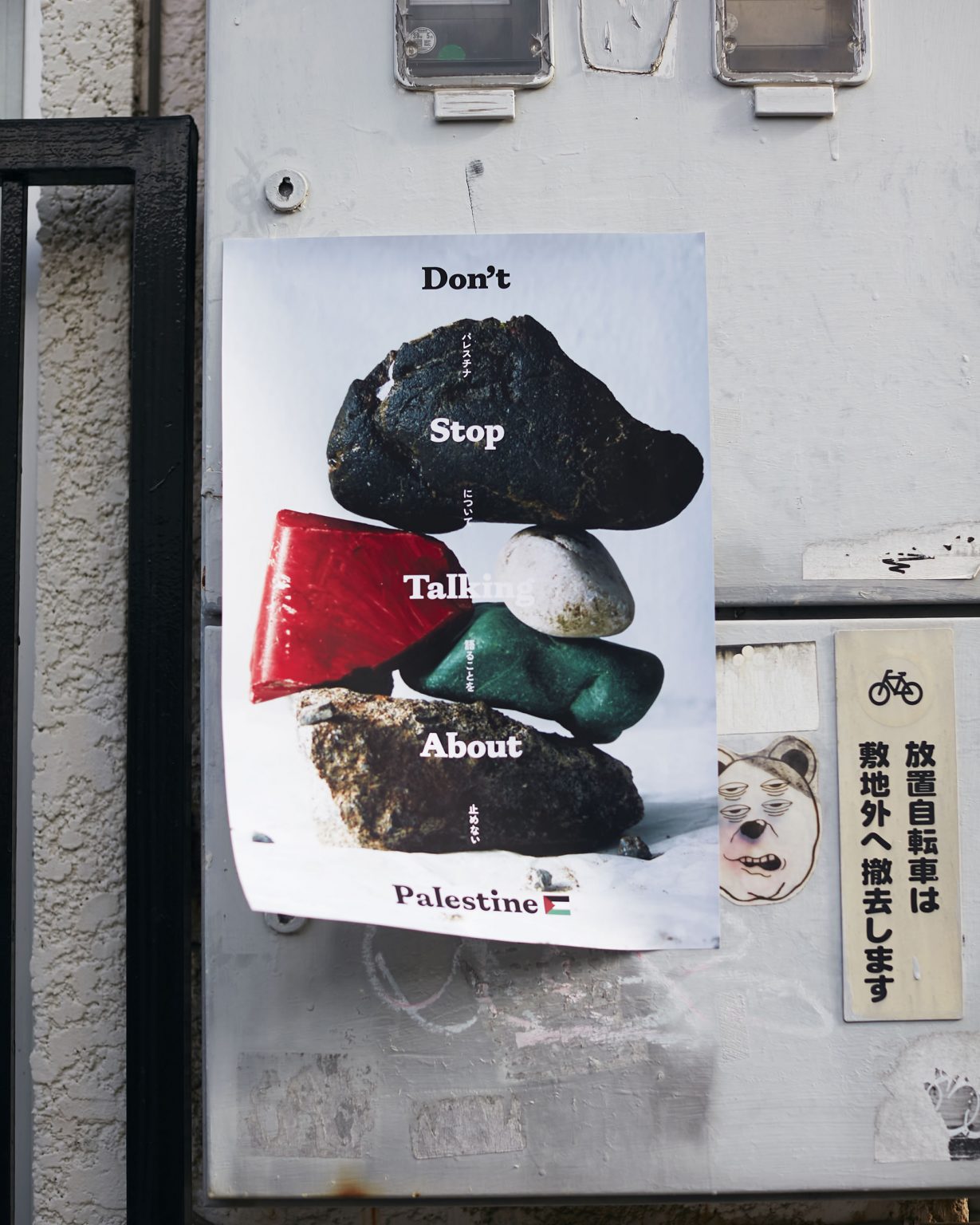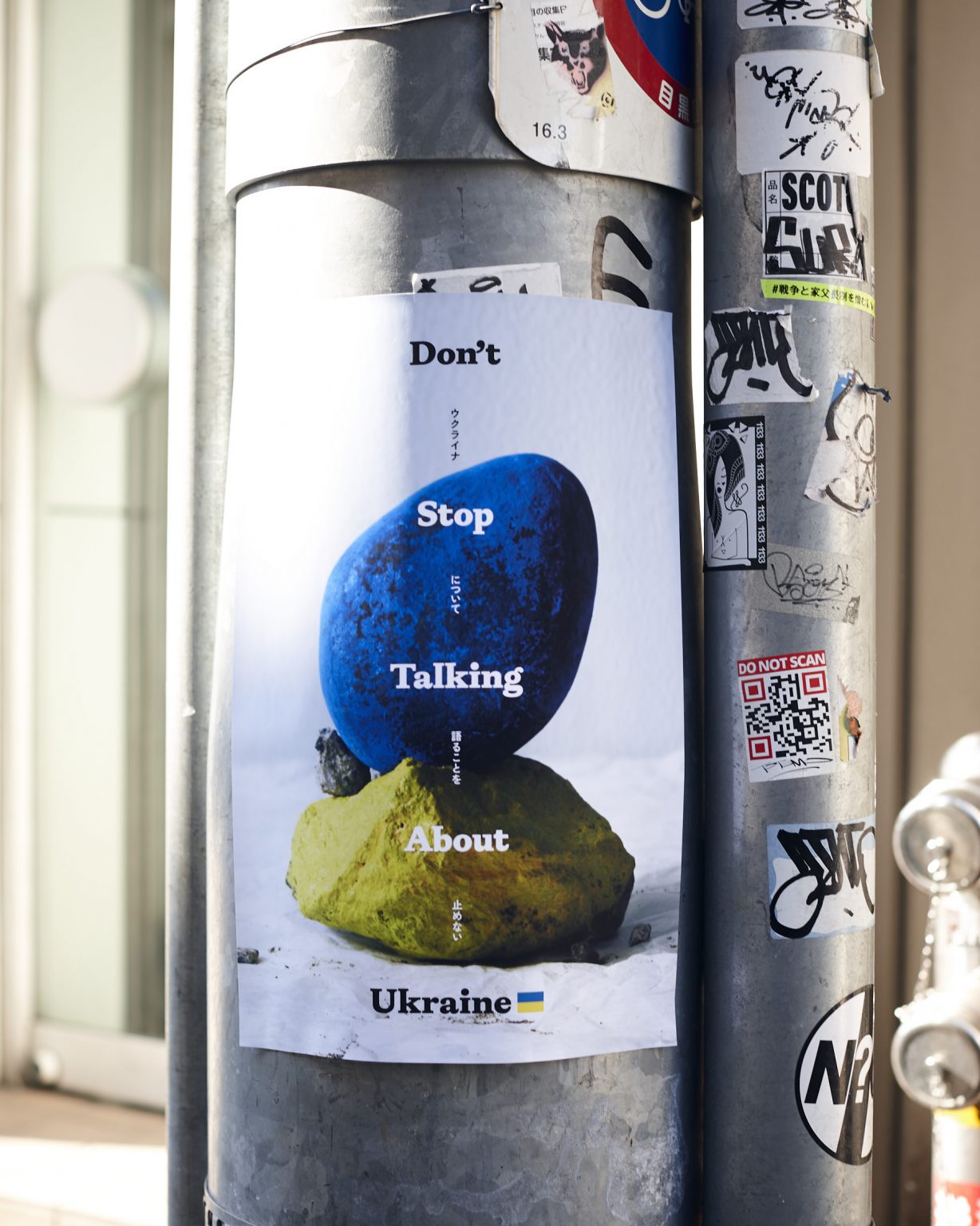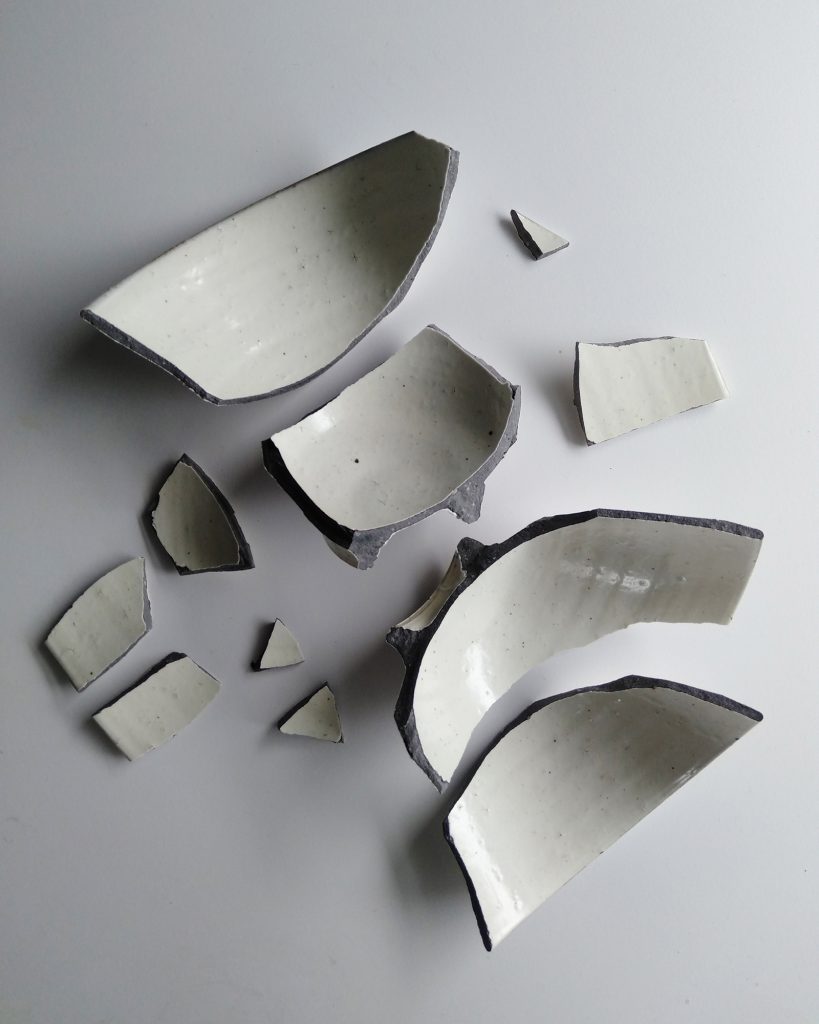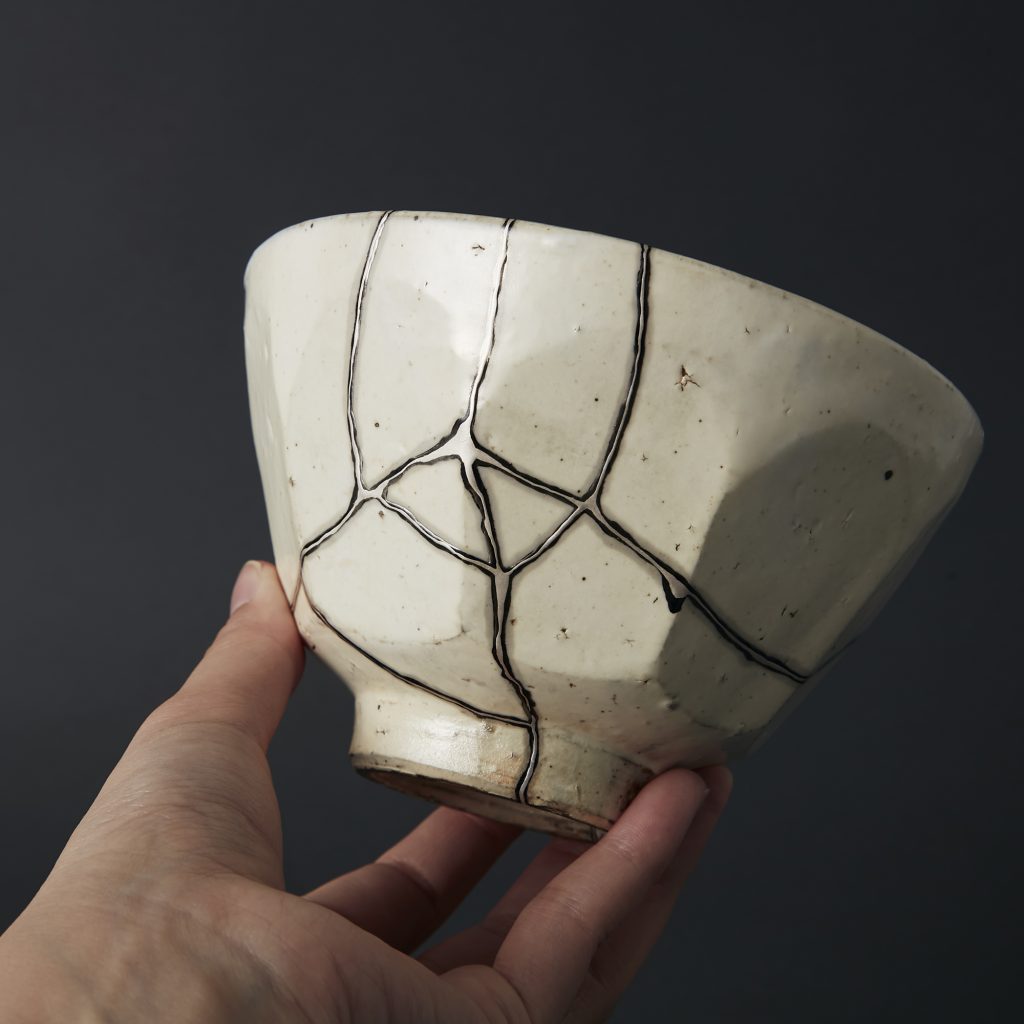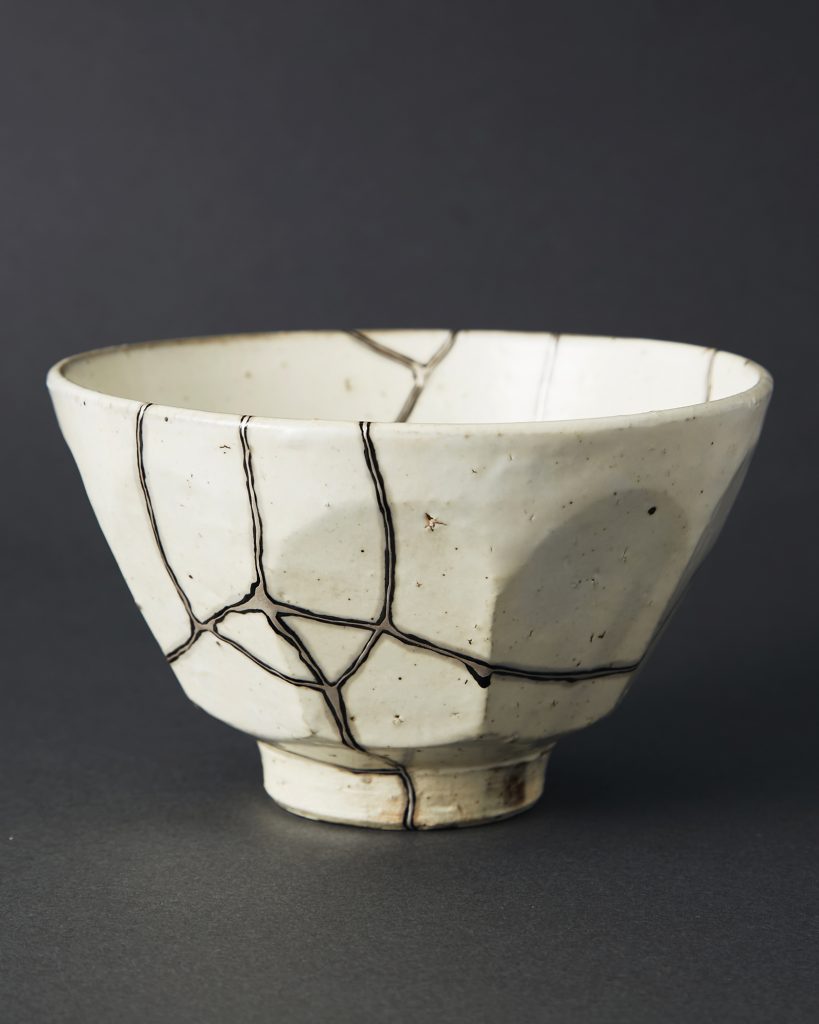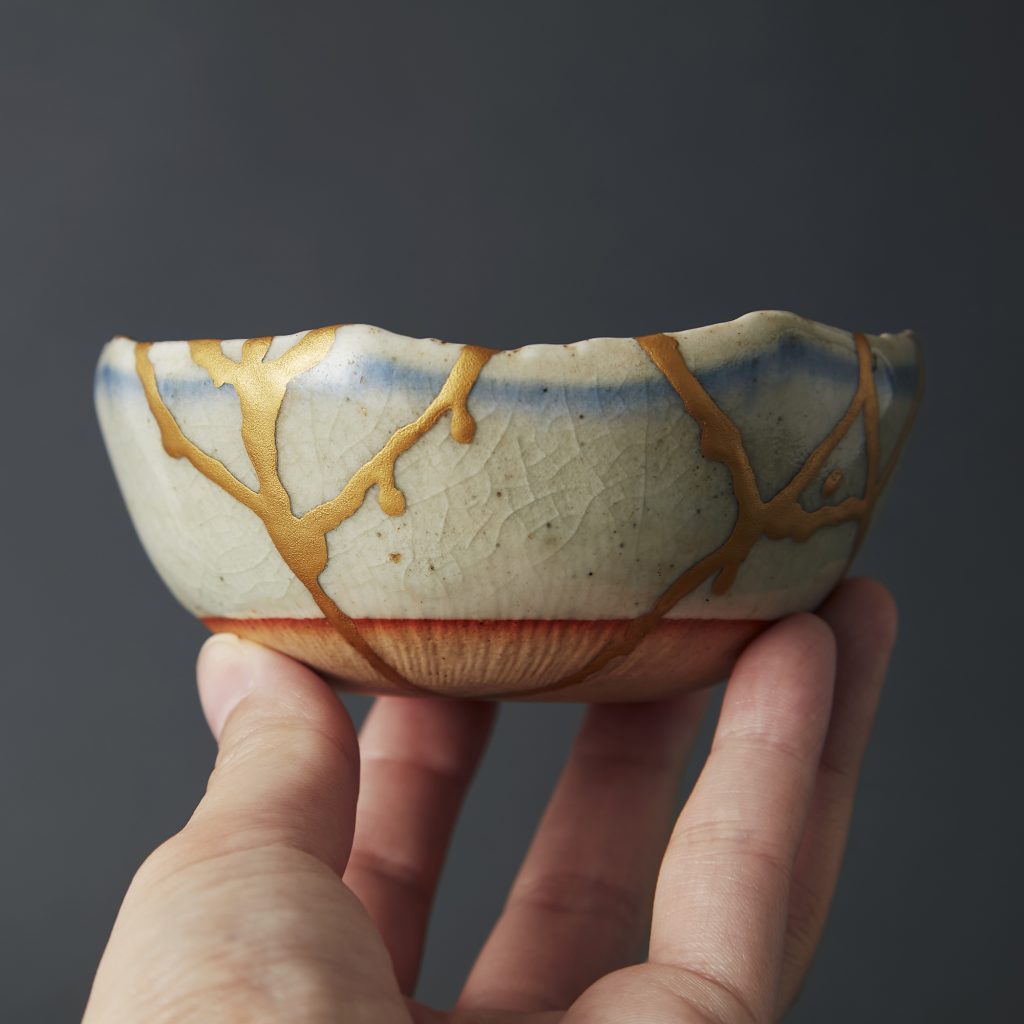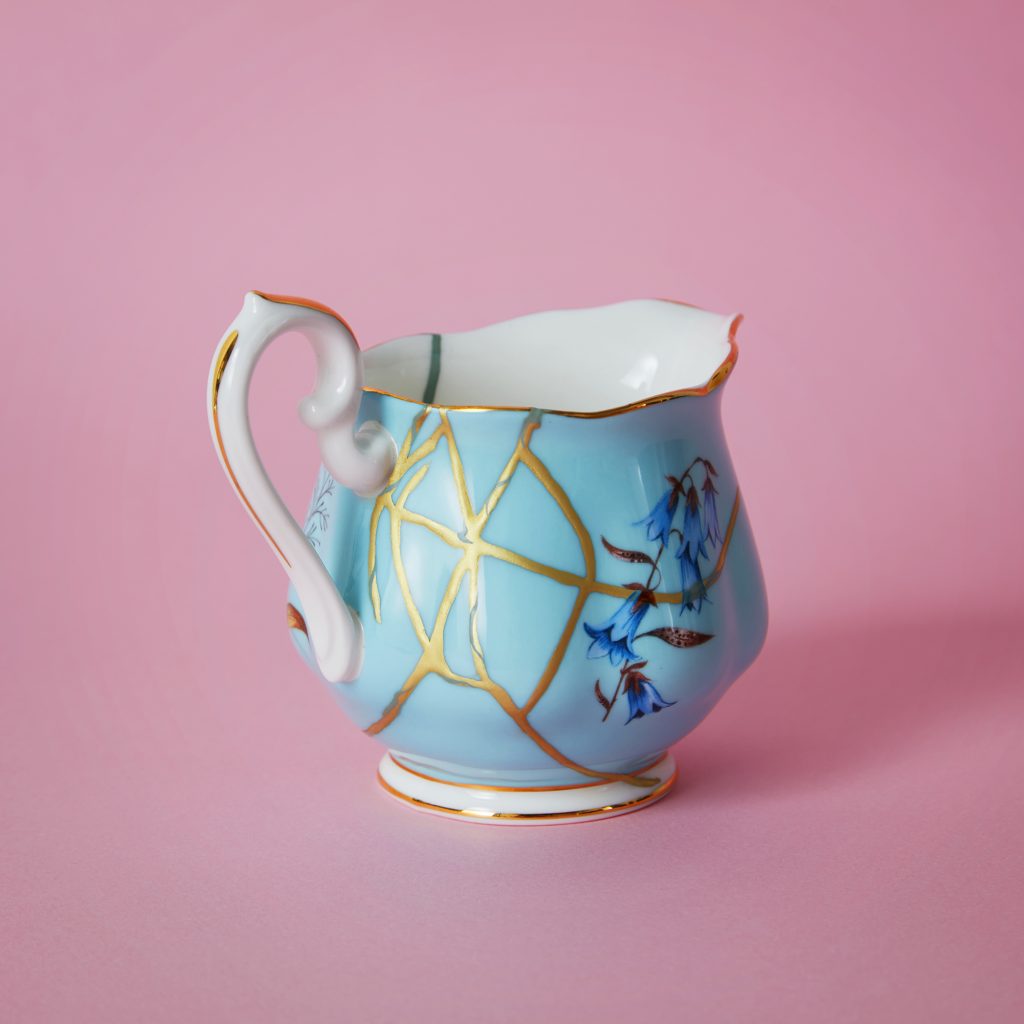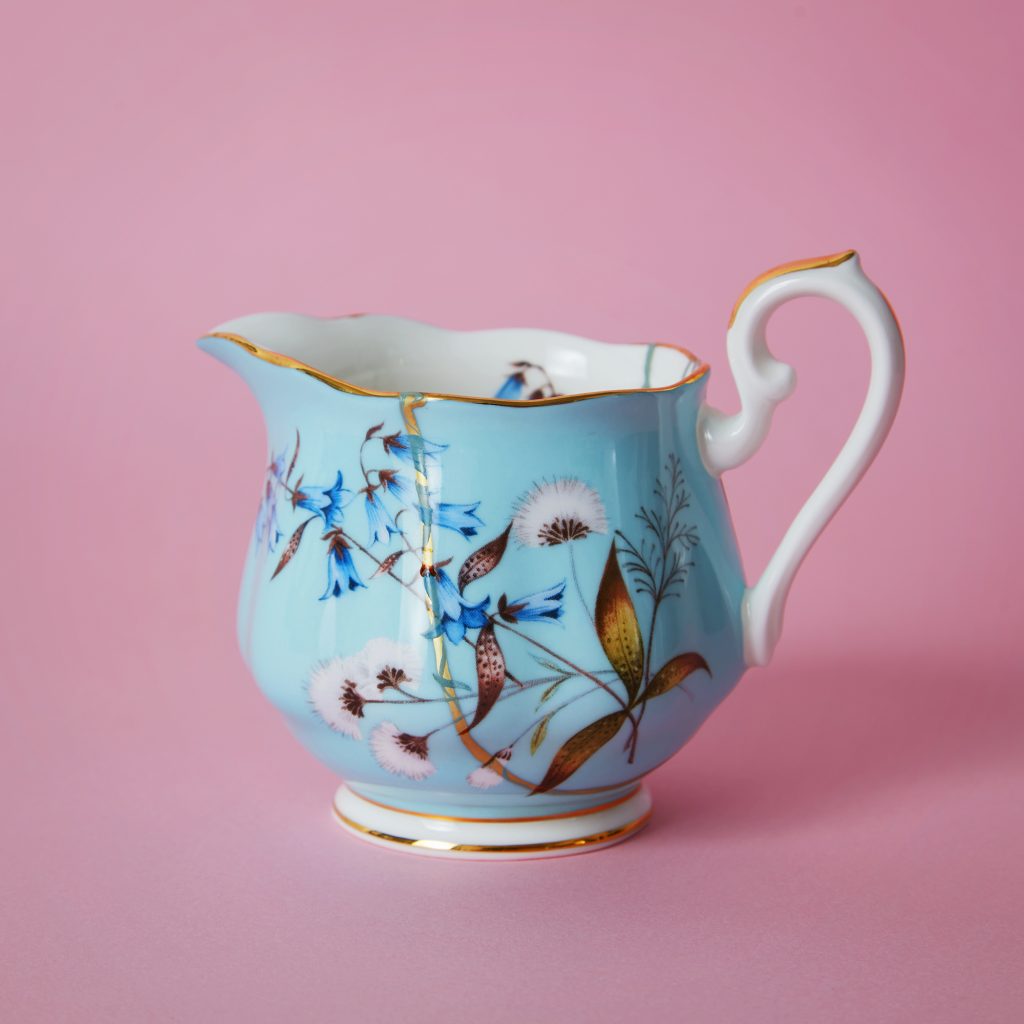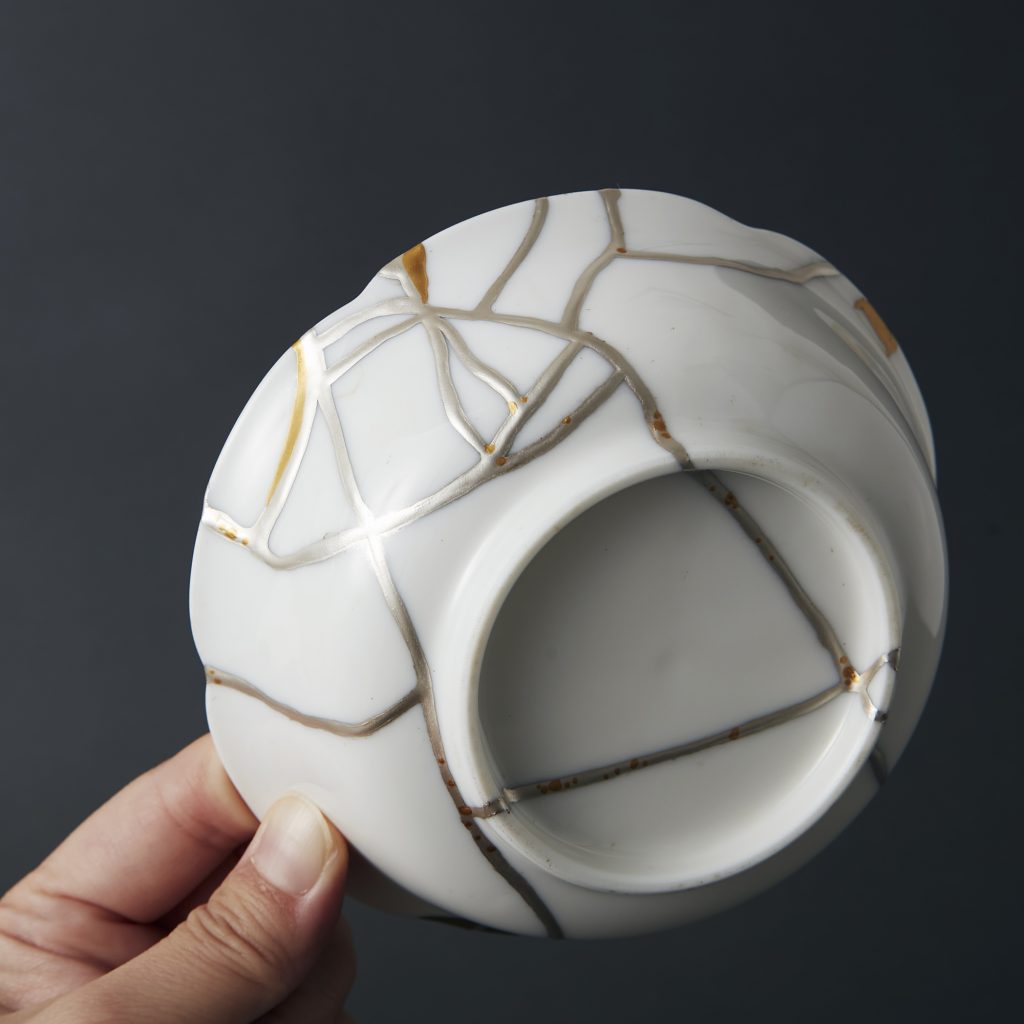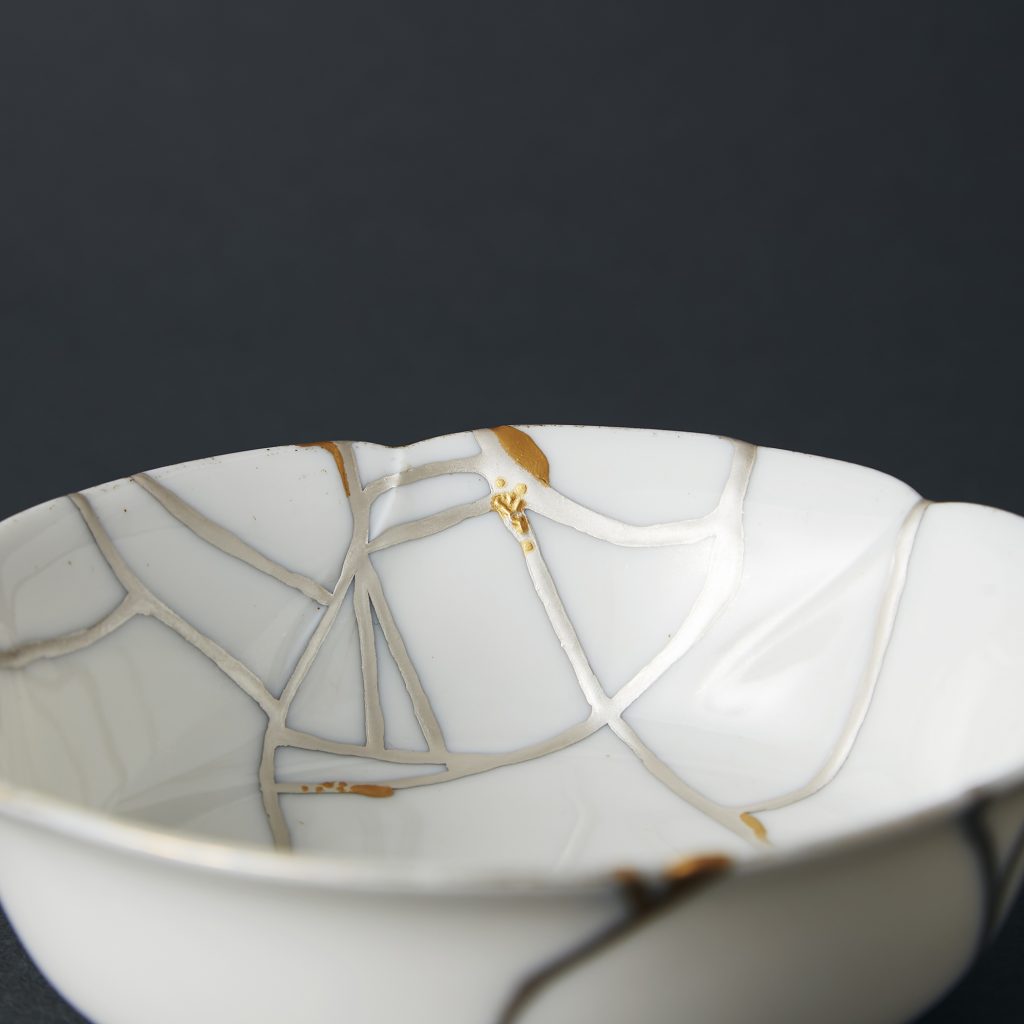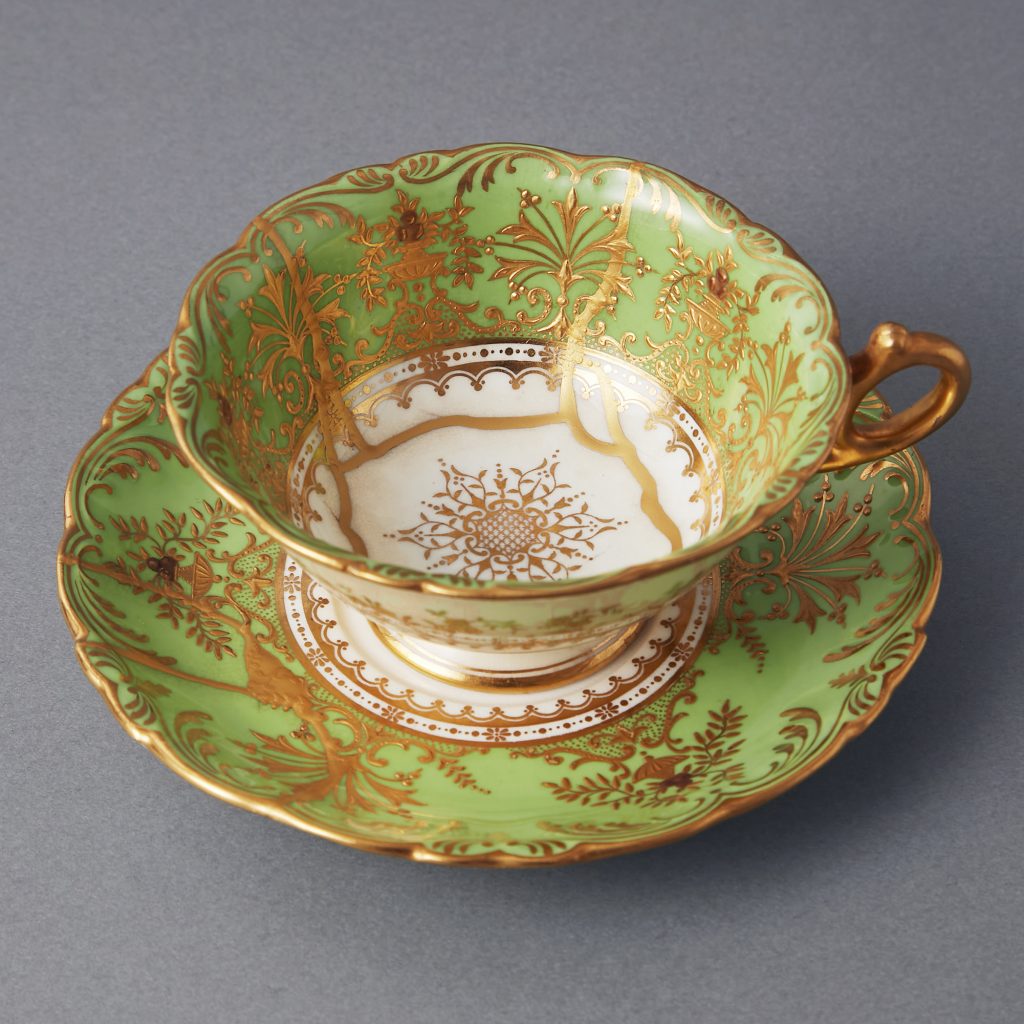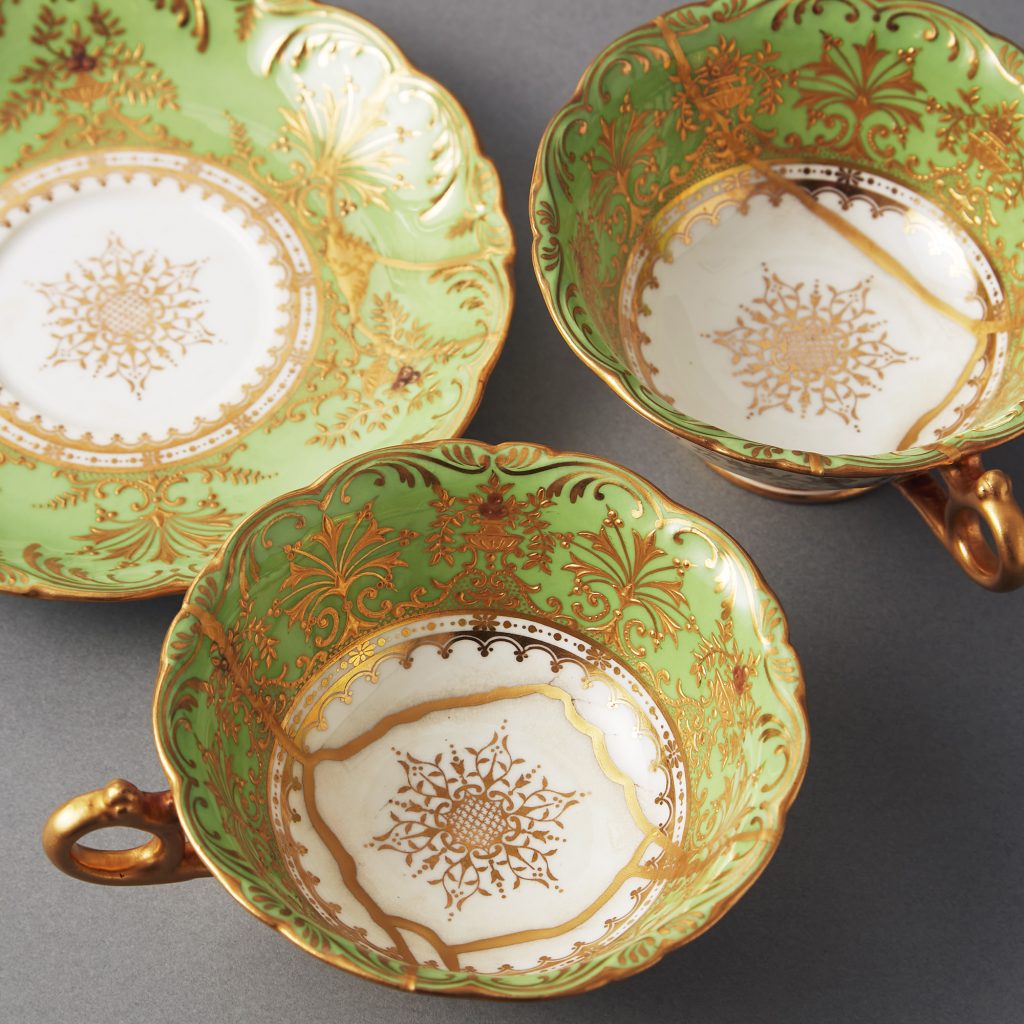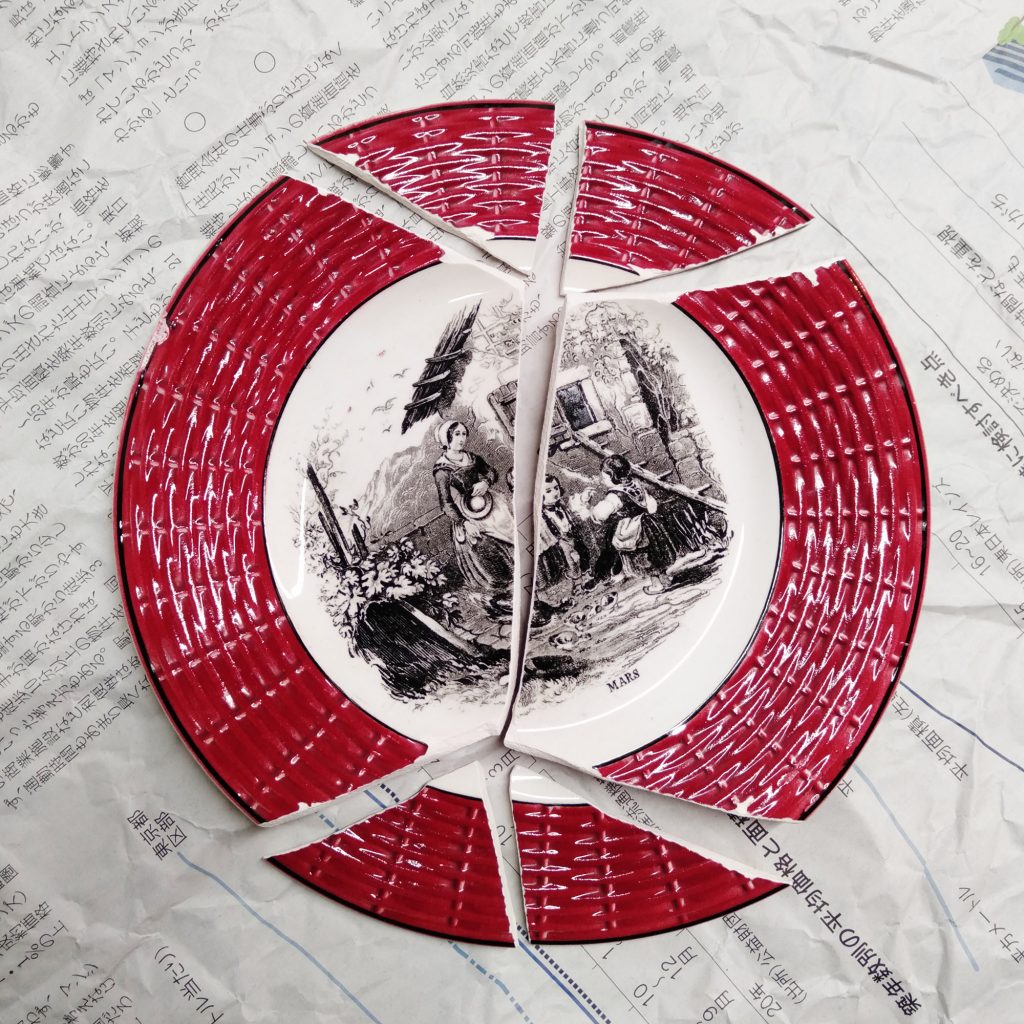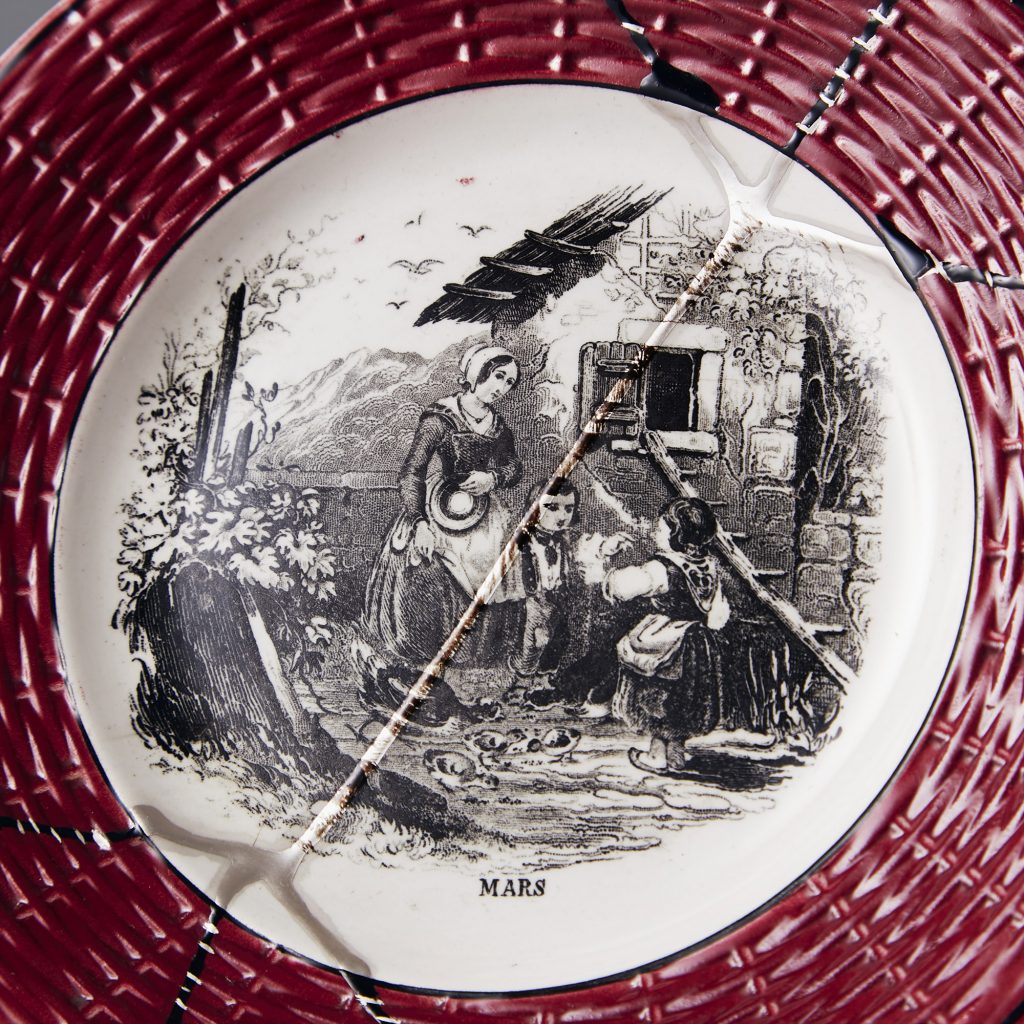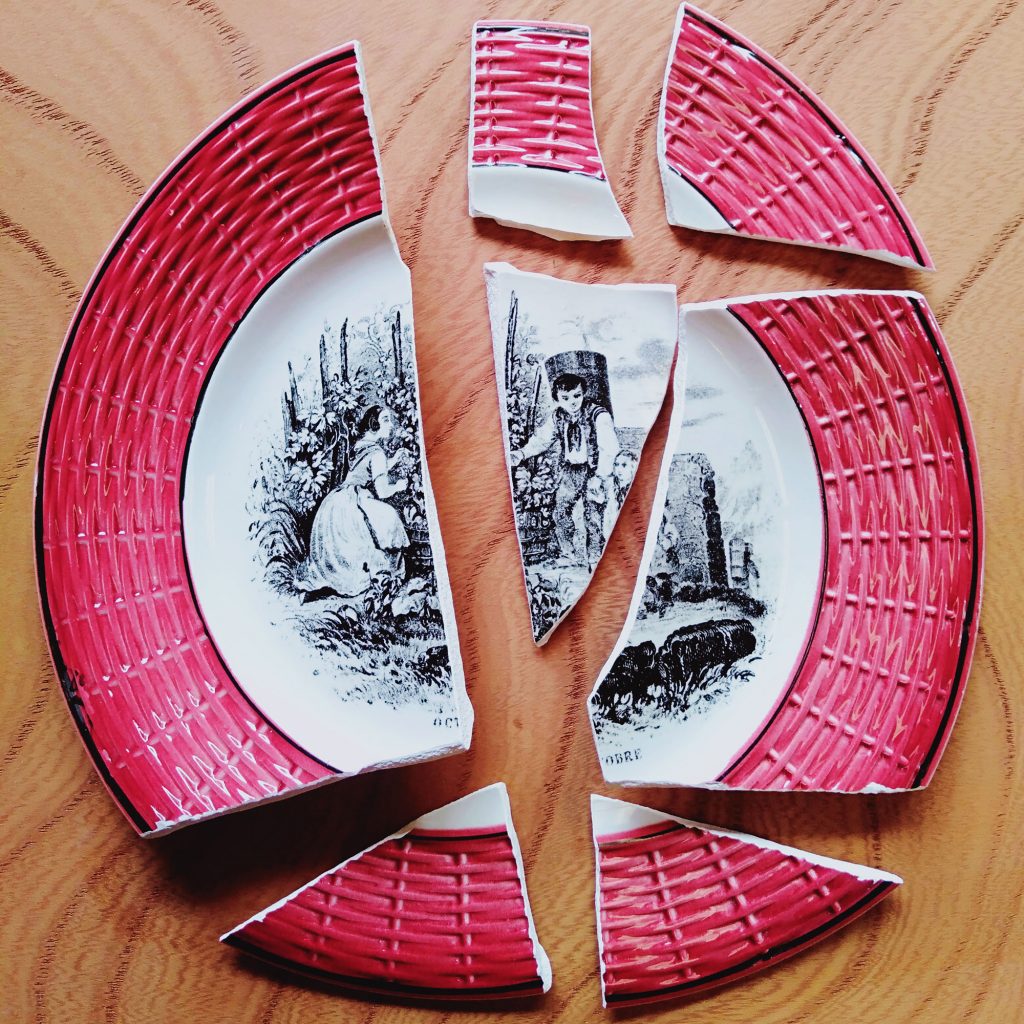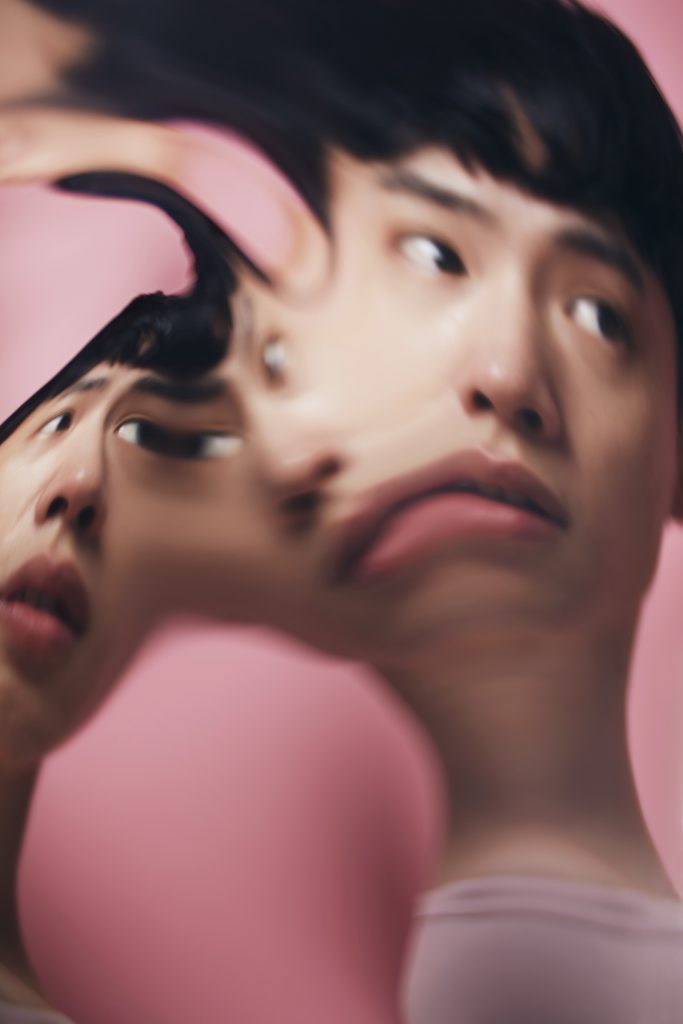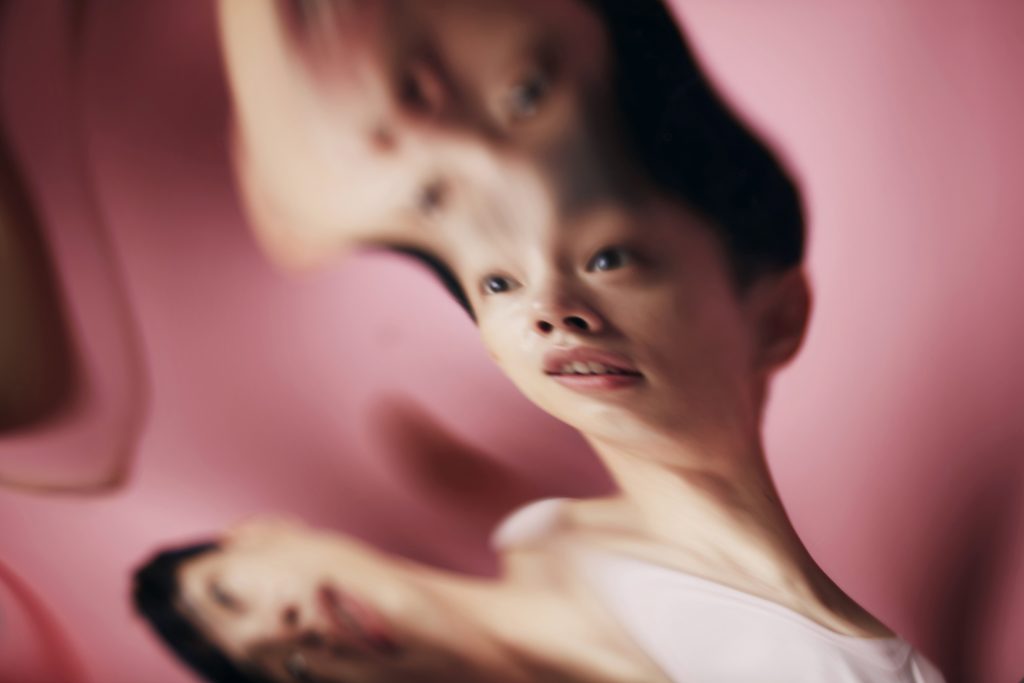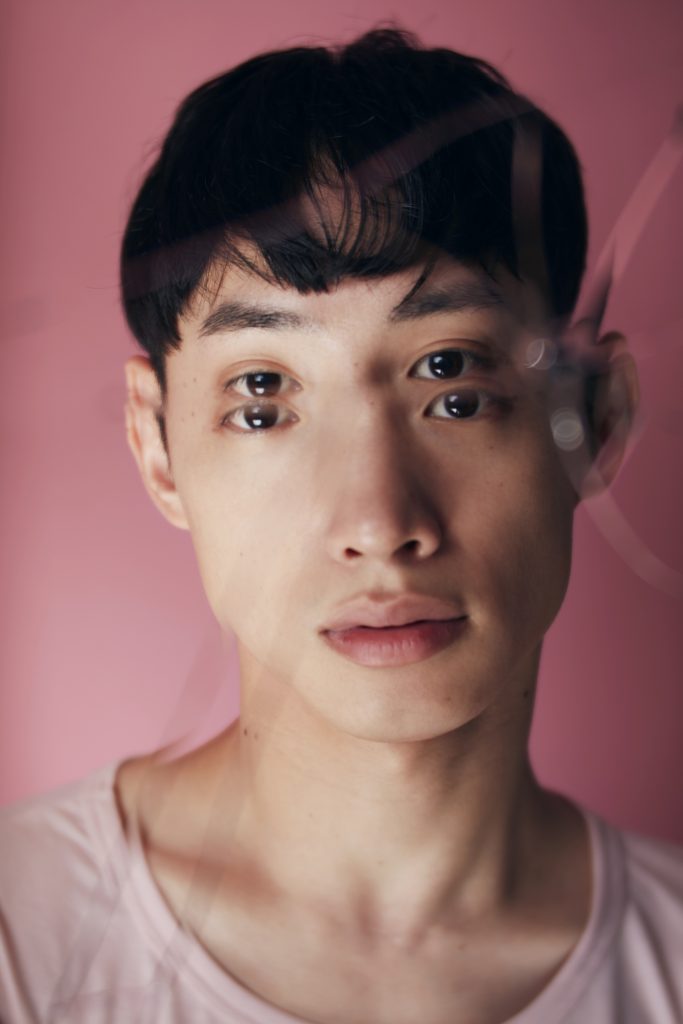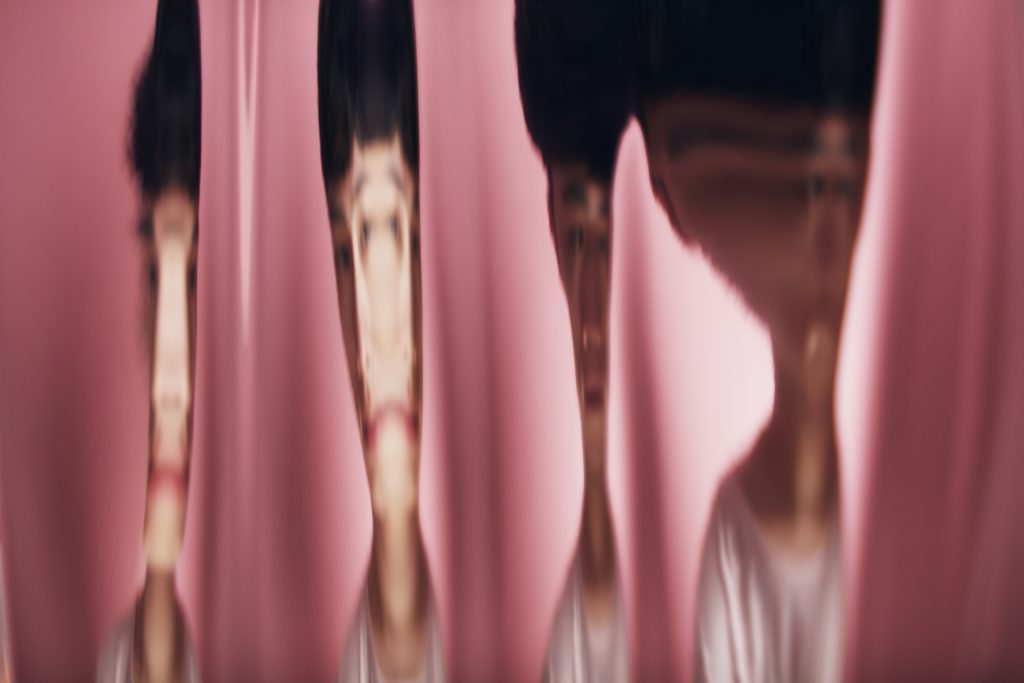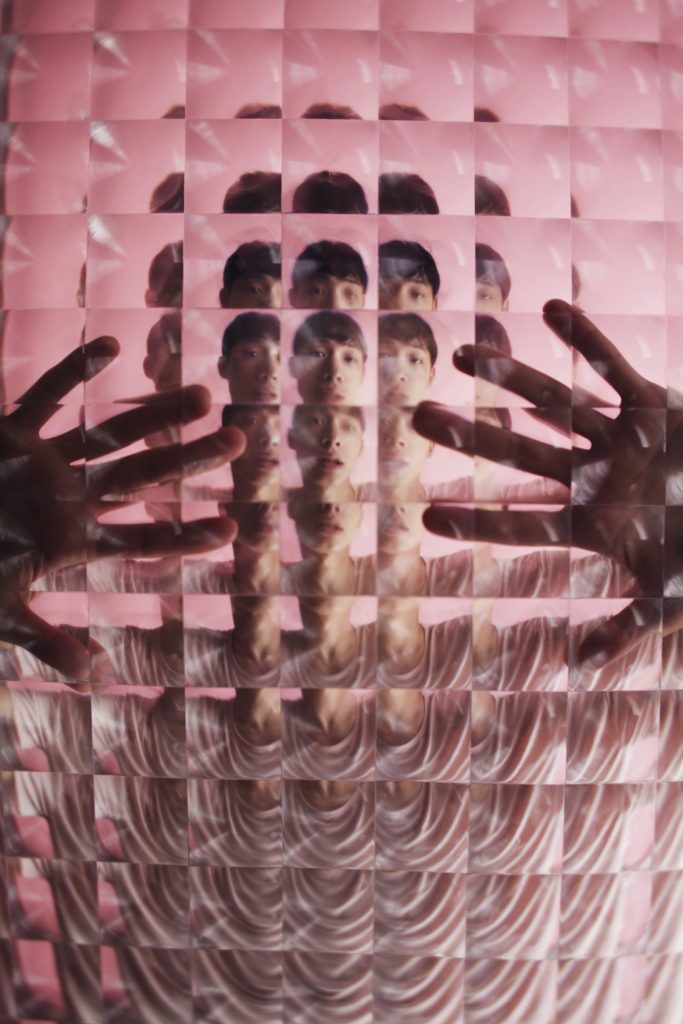Reiko Wakai's journey in fashion and advertising photography led her to where many can only dream of: London's Fashion Week. However, this experience wasn't just a professional milestone—it transformed her outlook on life. Today, Reiko's lens is focused not just on aesthetics but on driving meaningful change in the world. Join us as we delve into her inspiring story of transition and activism, and discover how mending broken things can lead to healing a broken heart.
ー To start off, can you share what you've been into lately?
Lately, I've been really into reading "The Lord of the Rings" and books on feminism while chilling by the Tama River bank (laughs)
ー What initially sparked your interest in photography, and could you tell us about your dream or vision for the future you had before starting your career?
I've always been good at art and crafts, and I had some interest in photography. But I think the catalyst was when I enrolled in art school and took a darkroom class. There was something about the quiet, dark room where you couldn't see anything or anyone, just printing photos silently. It felt fulfilling! As for my vision for the future before starting my career, it was kind of vague…I just wanted to be an awesome photographer (laughs).
ー You've been successfully working in fashion and advertising, but it seems lately you've also been involved in activism projects. What led you to go in that direction?
I believe my time studying in the UK played a significant role. About three or four years into my career as an independent photographer, I had the opportunity to spend two years in the UK. My goal was to improve my English and further excel in fashion photography, so I chose to live in London, where fashion week events were abundant.
I eagerly anticipated my first fashion week, where magazines commissioned me to capture stylish attendees. However, what awaited me there was intense protests by animal rights activists against fur. Demonstrations of this scale were quite uncommon in Japan, so I was taken aback. It was like a blow to the head with a sledgehammer to realize that the fashion I adored was contributing to animal cruelty.
Also, during my last fashion week before returning to Japan, I ventured not only to London but also to Milan and Paris for backstage photography. During this time, I encountered interference and verbal abuse from elderly Italian male photographers in both London and Milan.
It was possibly the first blatant racial discrimination I had experienced. These experiences opened my eyes to the fact that the fashion industry still predominantly upholds white supremacy and male dominance. (However, I don't intend to condemn all white or male individuals. A young white male model stood up for me against the Italian man who was shouting at me. He's my hero, and I'm forever grateful to him. T_T)
As a result of these experiences, I developed an interest in issues such as discrimination and human rights. . Also, the contrast between the UK and Japan upon returning home was quite striking (laughs).
ー Now that you also take on activism projects, how do you feel the creative perspective differs from fashion and advertising?
In fashion and advertising, there's usually a client to cater to, so you often have to meet their specific requests. Sometimes, if there's a director involved, they might already have a clear vision of what they want when they approach you for work. Additionally, in fashion, the shoot is often centered around the clothing itself, so there's a strong emphasis on "selling something" and maintaining a commercial angle.
On the other hand, in activism projects, there typically isn't a client to please. This means you have more freedom to express yourself creatively, and there's a stronger emphasis on making a societal impact. For instance, I'm currently working on creating a feminist calendar, and a portion of the proceeds will be donated to an organization called FIFTYS PROJECT, which works to increase the number of female parliamentarians.
ー What is your process for achieving your goals and dreams?
Lately, my dream has been achieving gender equality and a world without war. I know it's challenging to accomplish these goals in my lifetime, and sometimes I wonder if such a world is even possible. However, as a commercial photographer, I've decided to leverage my expertise in presenting things in a compelling and impactful way, which I've honed in the advertising industry, to support feminist and anti-war causes. Specifically, I'm working on creating merchandise like the feminist calendar, stickers, and T-shirts.

Especially in Japan, there's often a perception that feminists are angry women, so I want to change that image and make feminism look cool! The concept of SDGs (Sustainable Development Goals) has gained traction in Japan faster than I expected, so I believe there's potential for feminist activism, voting, political engagement, attending protests, and anti-war advocacy to become mainstream sooner than we think.
ー What was the most challenging period in your career so far, and how did you overcome it?
The most challenging time was probably when I was working as an assistant. It was a period when smartphones and social media were just starting to emerge, so the photography industry was incredibly busy. I went through several years of sleepless nights and endless work, which took a toll on my health. Eventually, I became so exhausted that I had to take six months off to rest. I don't know if I fully overcame that period, but with the support of my family and friends, I regained my energy and spirit.
ー What is a moment or experience in your career that you'll never forget?
Winning a photo contest and then doing a fashion shoot in zero gravity. It was the most challenging shoot I've ever done, but it's a memory I'll cherish forever.
ー Apart from photography, I've heard that you're also into Kintsugi. That's a wonderful hobby! What sparked your interest in Kintsugi?
Thank you! It all started when I accidentally broke a housemate's cup and wondered if there was a way to fix it. That's when I discovered Kintsugi. During the COVID-19 pandemic when work was slow, I broke one of my favorite cups and decided to give it a try since I had the time. Additionally, I had just gone through a tough breakup around that time, and seeing the shattered pieces of the cup made me feel a bit like myself, haha. I learned that Kintsugi not only repairs things but also has a healing effect, so I decided to give it a serious try. Moreover, during my time in the UK, I became more interested in Japanese culture and traditions. Learning that Kintsugi uses natural materials and can even turn waste into raw materials made me realize its sustainability, which further sparked my interest.
ー What do you consider the most challenging and rewarding aspects of Kintsugi?
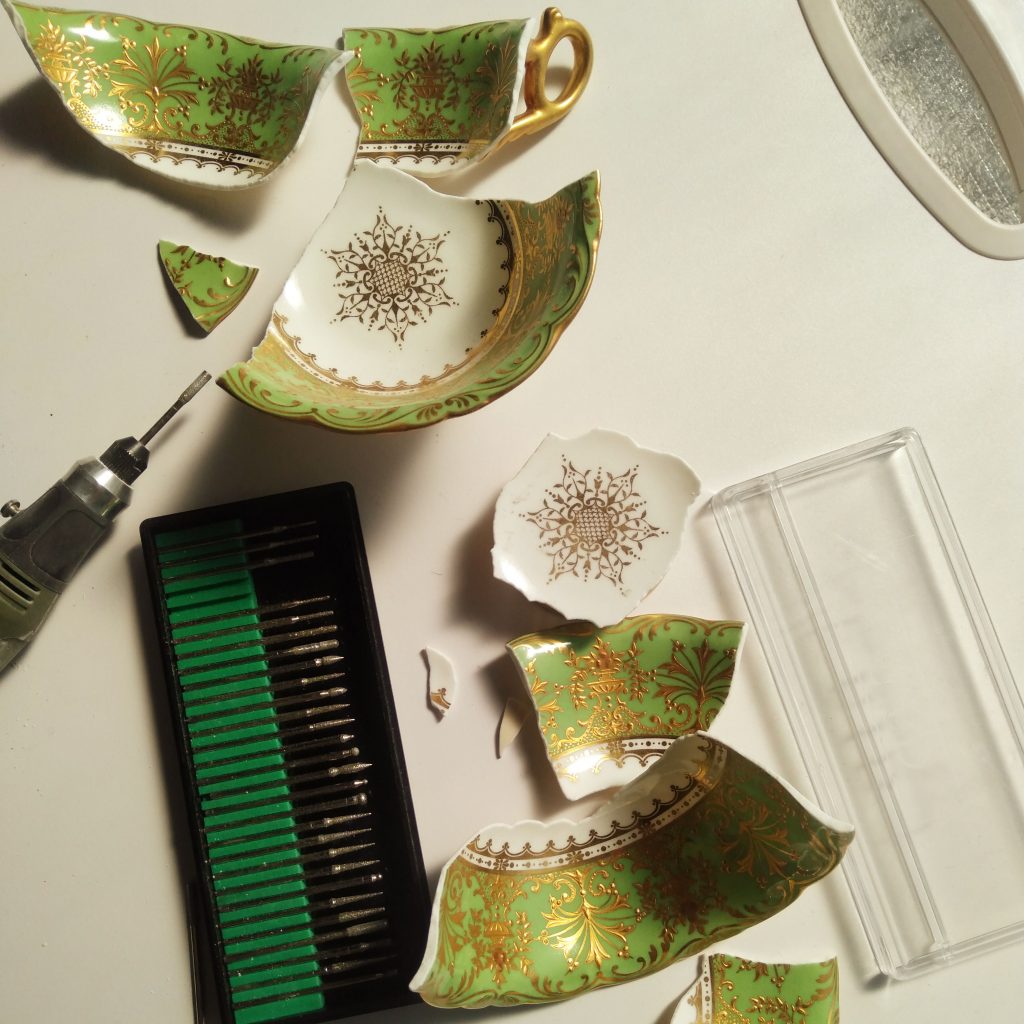
I believe that the most challenging part is figuring out how to repair and design the broken pieces to fit the vessel.
As for the most rewarding part, it's definitely the process of adhering the shattered parts back together initially. Seeing the form restored brings immense joy.
ー Do you have any advice for aspiring photographers who want to excel in their field?
I think with the prevalence of smartphones, digital technology, and AI, the photography industry has faced some challenges. However, amidst this, I would emphasize the importance of originality and staying true to yourself in your work. Also, I've noticed that the younger generation tends to prioritize convenience and cost-effectiveness, but in a technical field like photography, there are skills and techniques that require time and effort to master. I encourage them not to be solely driven by practicality but to pursue what they're passionate about.
ー Finally, what do you feel is the primary reason for doing the work you do? What is your “why”?
Simply put, because it's something I enjoy and excel at. Since work takes up a significant portion of our lives, I believe it's crucial to find joy in what you do.
Interview: Mazlina Olga
Photography: Wakai Reiko
To find out more about Reiko,check out her social media and websites!
INSTAGRAM
PHOTOGRAPHY WEBSITE
KINTSUGI WEBSITE
WEBSHOP
